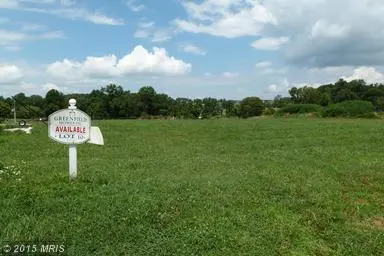
Purchasing a good lot means leaving no stone unturned. There are many factors to consider beyond just the size and location.
If the lot is in a planned subdivision, oftentimes there is a builder already attached to the property and the steps to making a lot build-ready would be already taken care of.
But if you’re looking for a lot that’s older, outside of your town, or in an unfamiliar area, then consider the following questions before buying:
1. What is the condition of the lot?
This seems like a no-brainer, but there are things that may not be so obvious that could prove costly later. Since you are likely buying a lot to build on, it pays to dig a bit deeper - literally.
Checking below the surface may reveal things like old concrete slabs where sheds used to be, old storage tanks, large rotting trunks from cut down trees, and more. All of these can cause expensive construction delays.
A realtor can help you negotiate with the seller to have these items removed or the cost of the lot reduced if you will have to pay for removal yourself.
Additionally, the removal of obvious headaches like piles of trash or construction materials left by either the lot owner or a neighbor should also be considered when negotiating the sale.
2. Is the lot utility-ready?
If you’re considering a lot outside of your town’s limits, you will need to make sure that it is equipped for utility connection. You will need to make sure power, water, and internet are stubbed into the lot.
Paying to have them stubbed in before you build can be accompanied by exorbitant fees.
3. What kind of zone is the lot in?
Contacting the planning and zoning department of the city the lot is in can reveal how the lot is zoned. If it’s strictly residential, you are free to build your dream home.
If it comes back as mixed-use, perhaps you can get more creative with your plans. Lots may also be zoned commercial, industrial, and agricultural.
Attaining the zoning information informs you of what homes you can and can’t build. Another reason to check the zoning information is to see what types of buildings may pop up around your future dream home. If the block across the street is zoned for commercial use, you could find yourself across the street from anything from a restaurant or a large convenience store.
Alternatively, future development could increase the value of your property.
Get more information on the Maryland Department of Planning here.
4. What are the lot’s annual taxes?
In many states, owning property comes with property taxes. Look for an online search tool provided by the city and enter the block and lot number to find the taxes associated with the lot.
Check-in with the local government to see if you're eligible for any exemptions. Note also that taxes and fees are different depending on the zoning of the property (see above).
5. What are the building taxes and fees for the lot?
Some counties collect excise taxes and impact fees when building a new home. Excise taxes are simply taxes on a particular good or service. Impact fees are collected to help mitigate the cost of public services that will be provided to the new building and its inhabitants. The money collected is used to finance public projects.
6. What are the building setbacks for the lot?
Communities commonly have required building setbacks to ensure new structures are aesthetically aligned with the other buildings in the neighborhood. The local planning and zoning department can help you find out what the requirements are. If the size restrictions are too small for the structure you really want on the lot, you may want to pass on it.
7. What are the usage restrictions?
Usage restrictions are usually reasonable rules imposed by the city and possibly expanded on by an HOA for how the property is used. These are rules that keep homes from being eyesores and bringing down property values within a neighborhood. While these shouldn’t normally keep you from building the home you want, sometimes there can be circumstances with lots in historic districts, those with lengthy restrictive covenants, or those in certain designated environmental areas.
Answering those questions should help you to fully understand exactly what kind of lot you are getting if you decide to buy.
To learn more about buying land and lots in Maryland, read our complete guide.

Leave A Comment